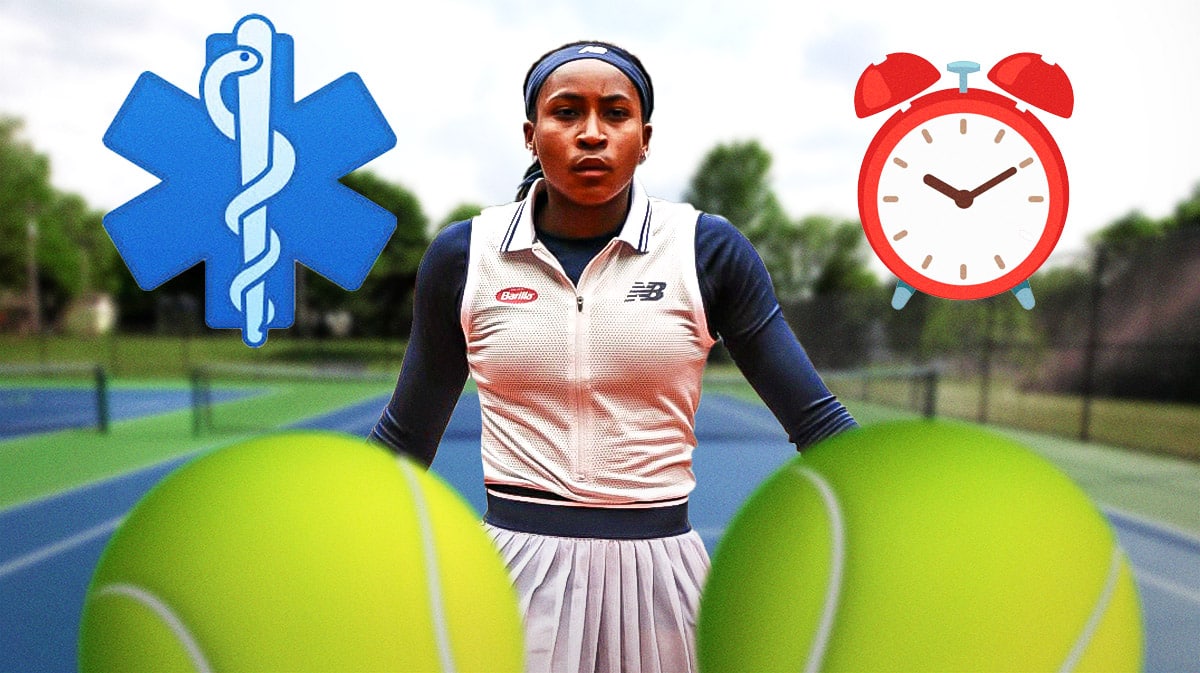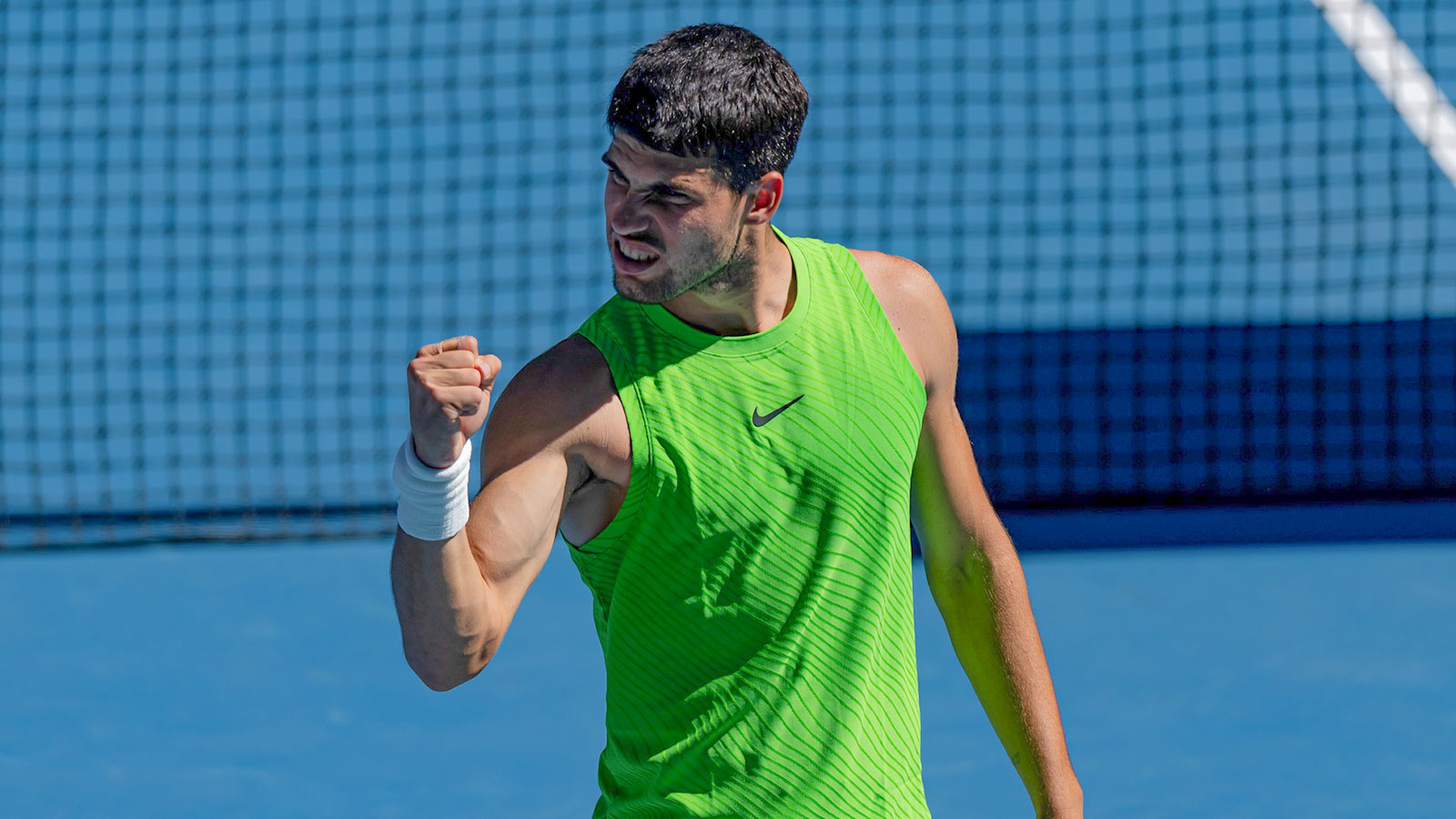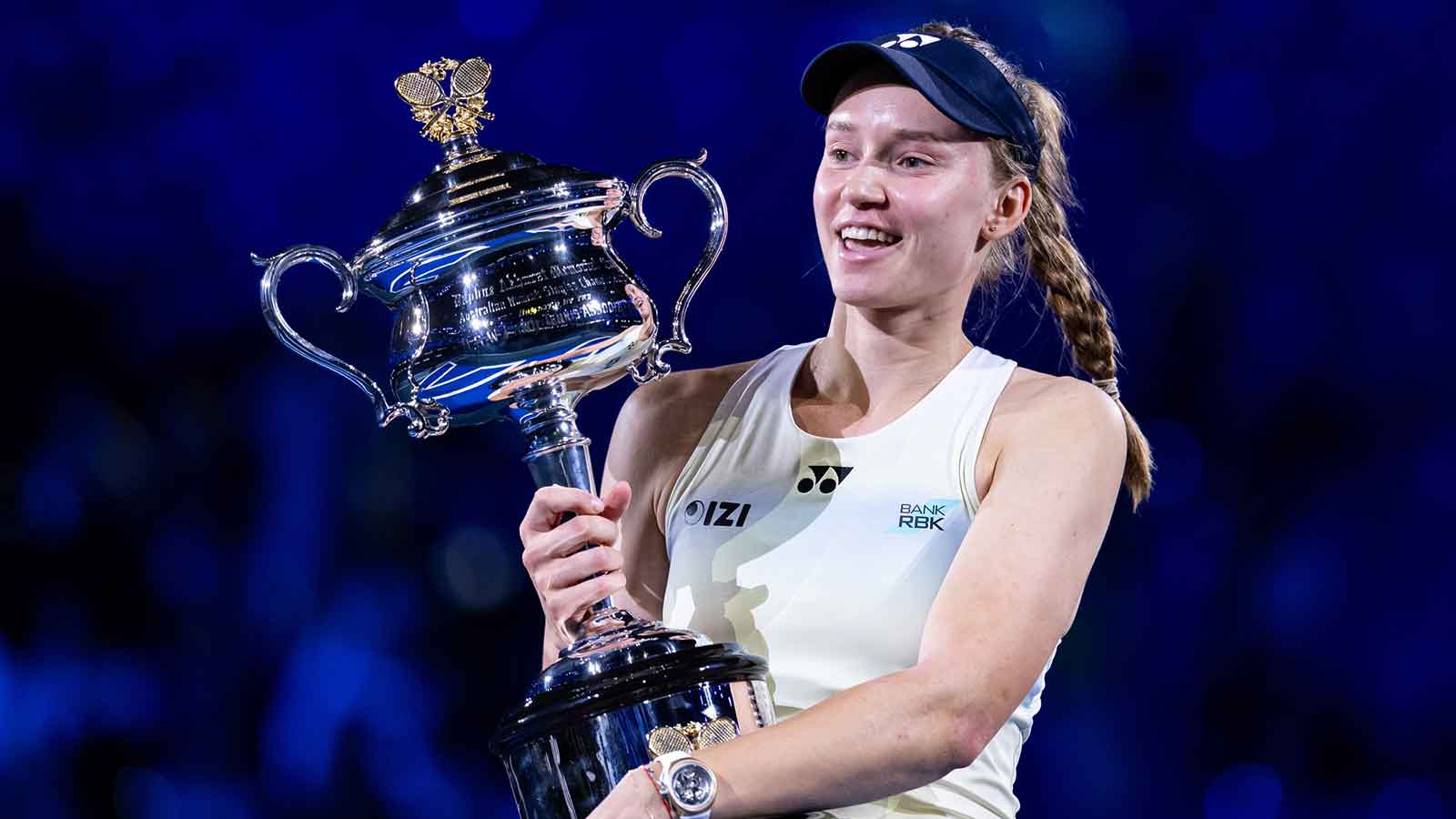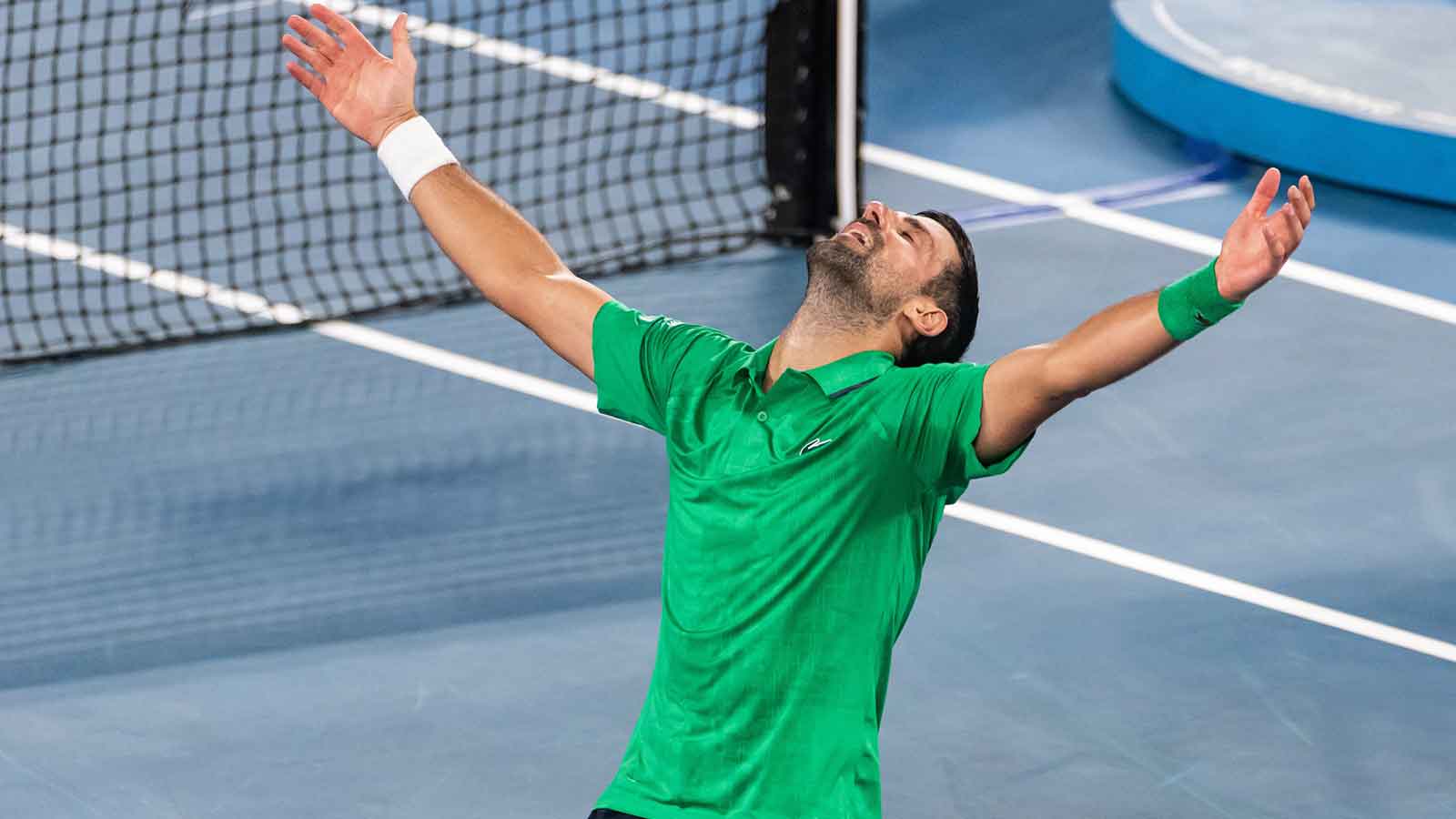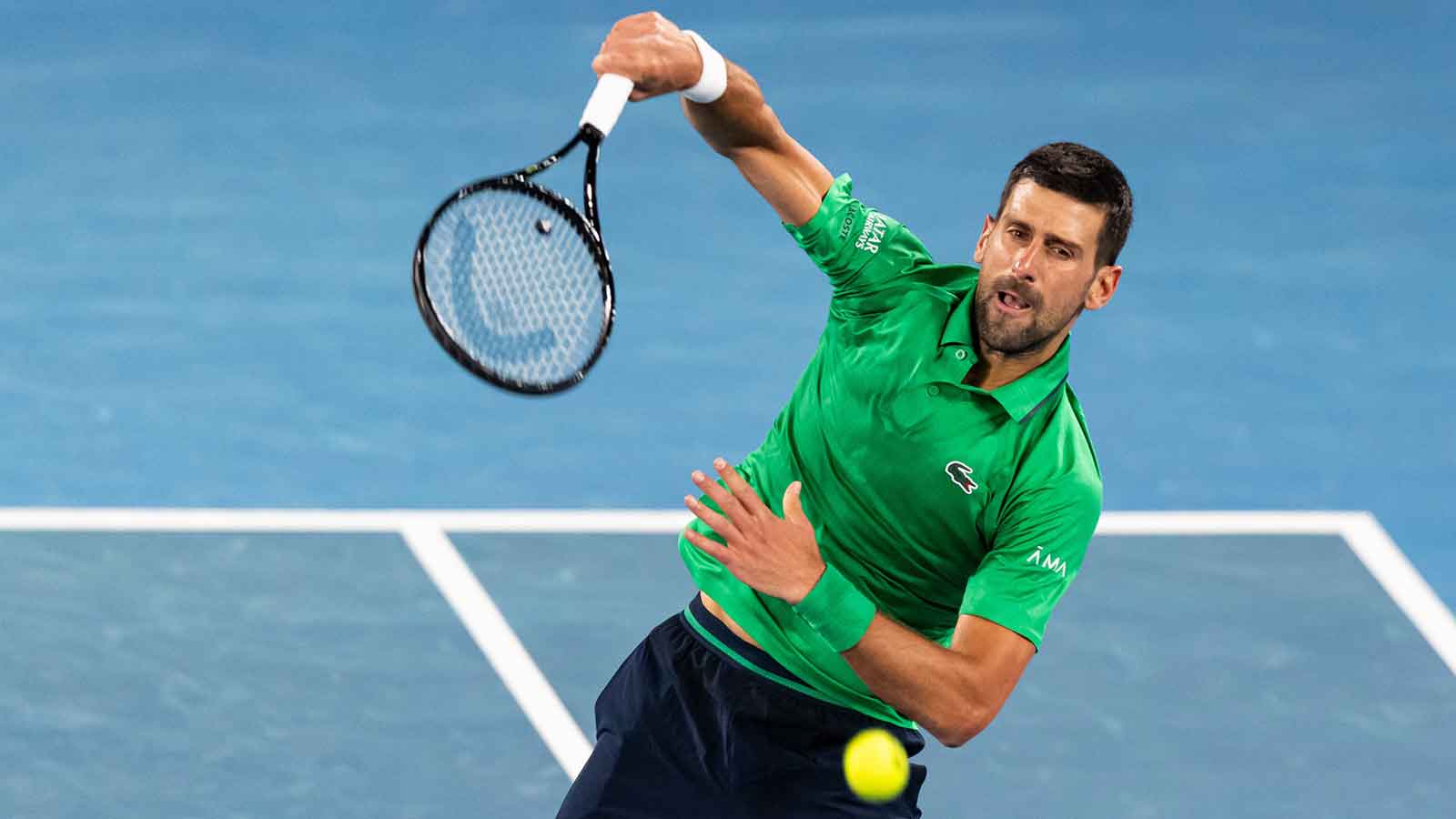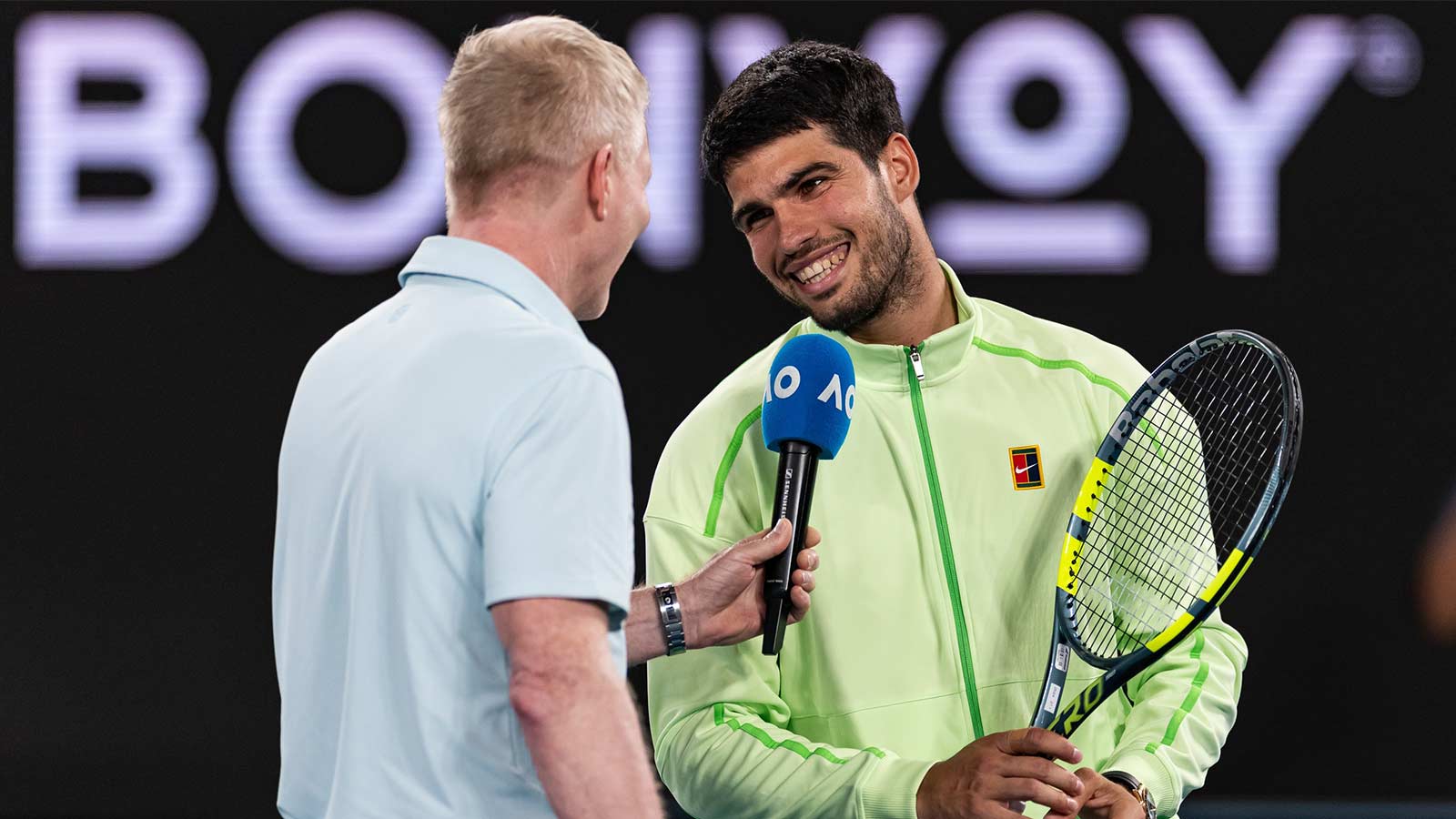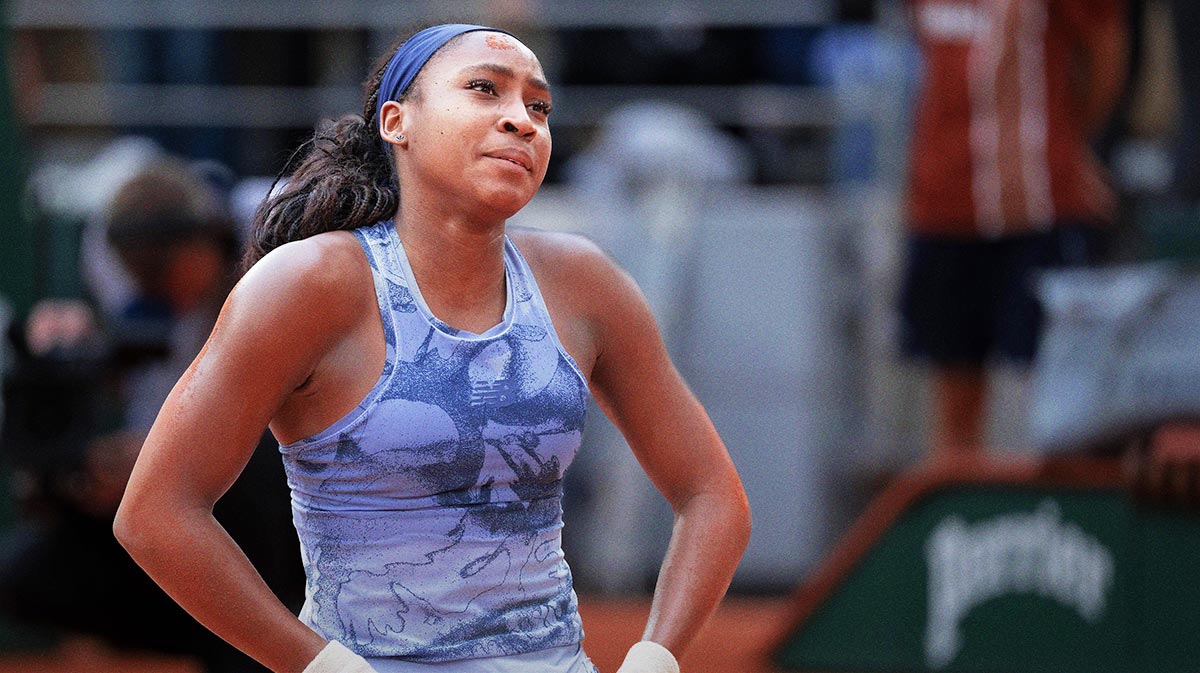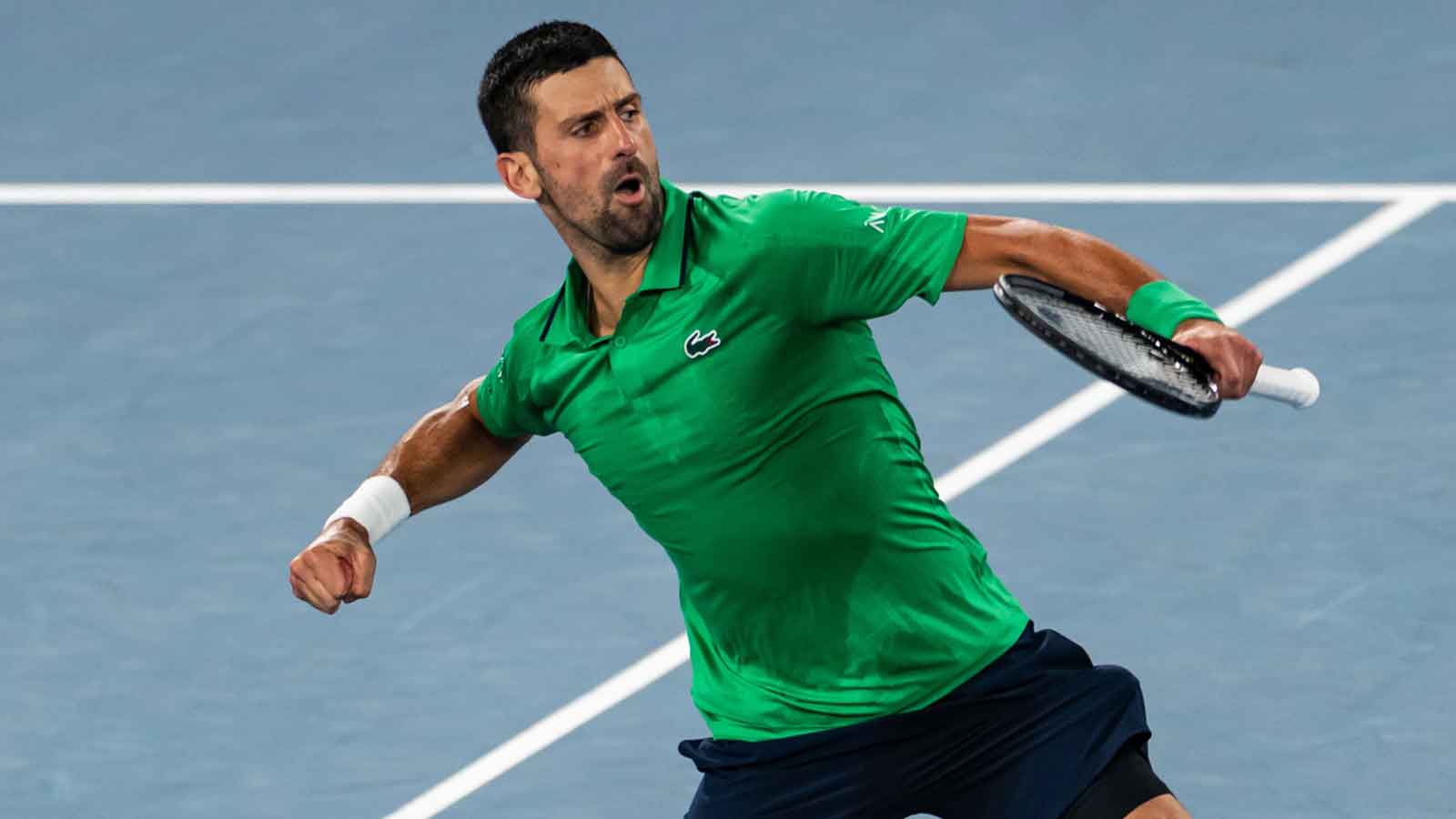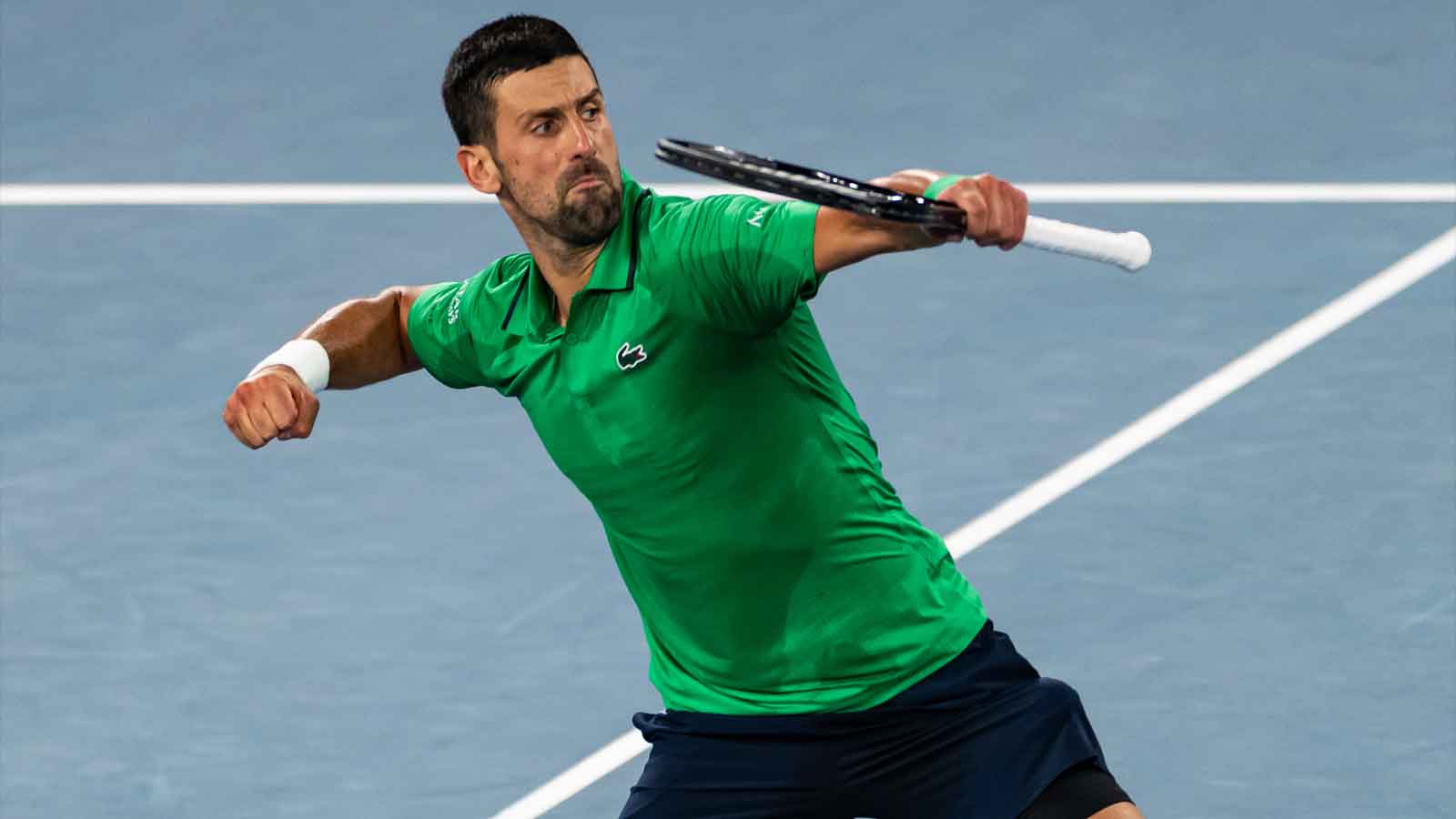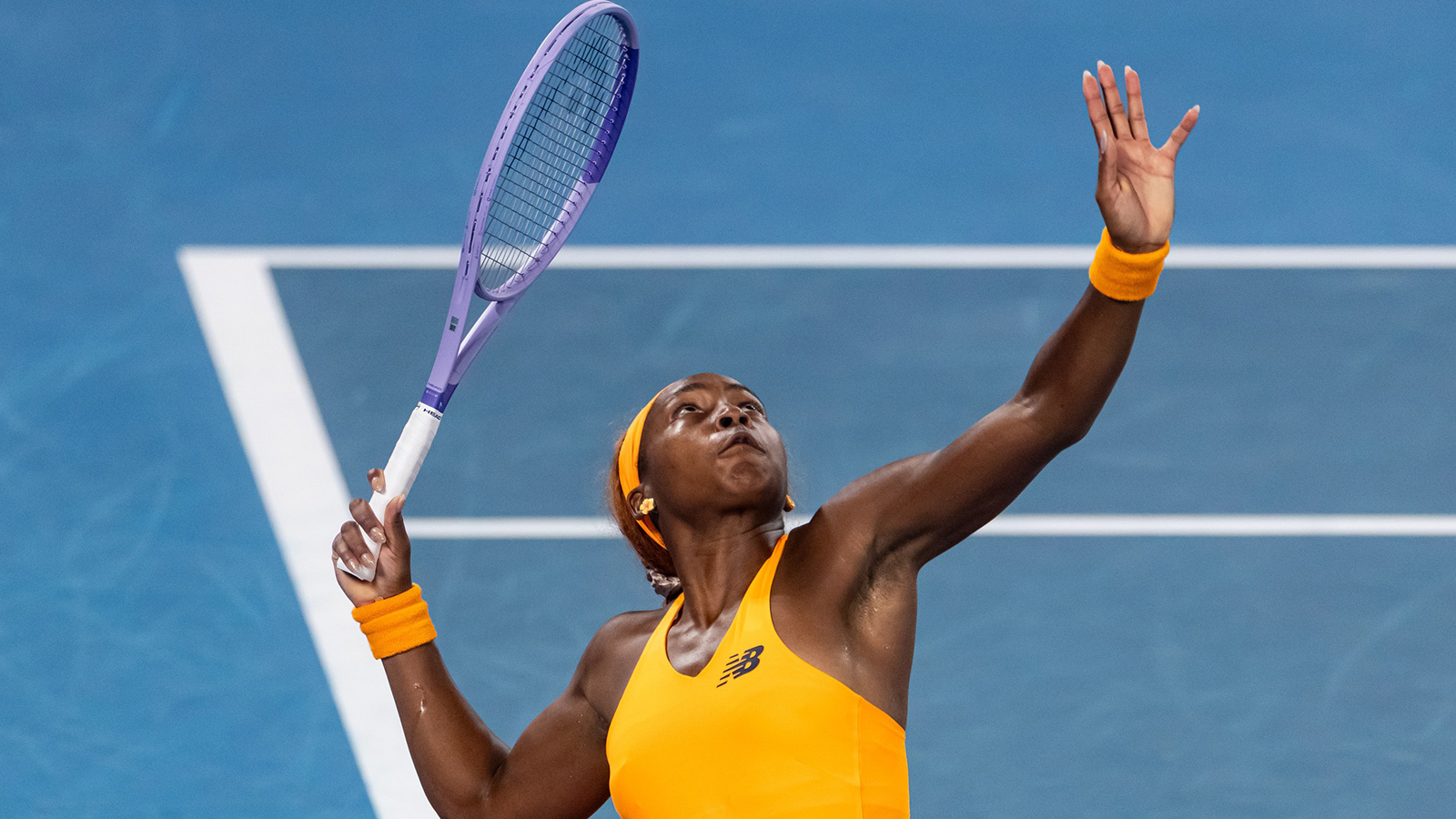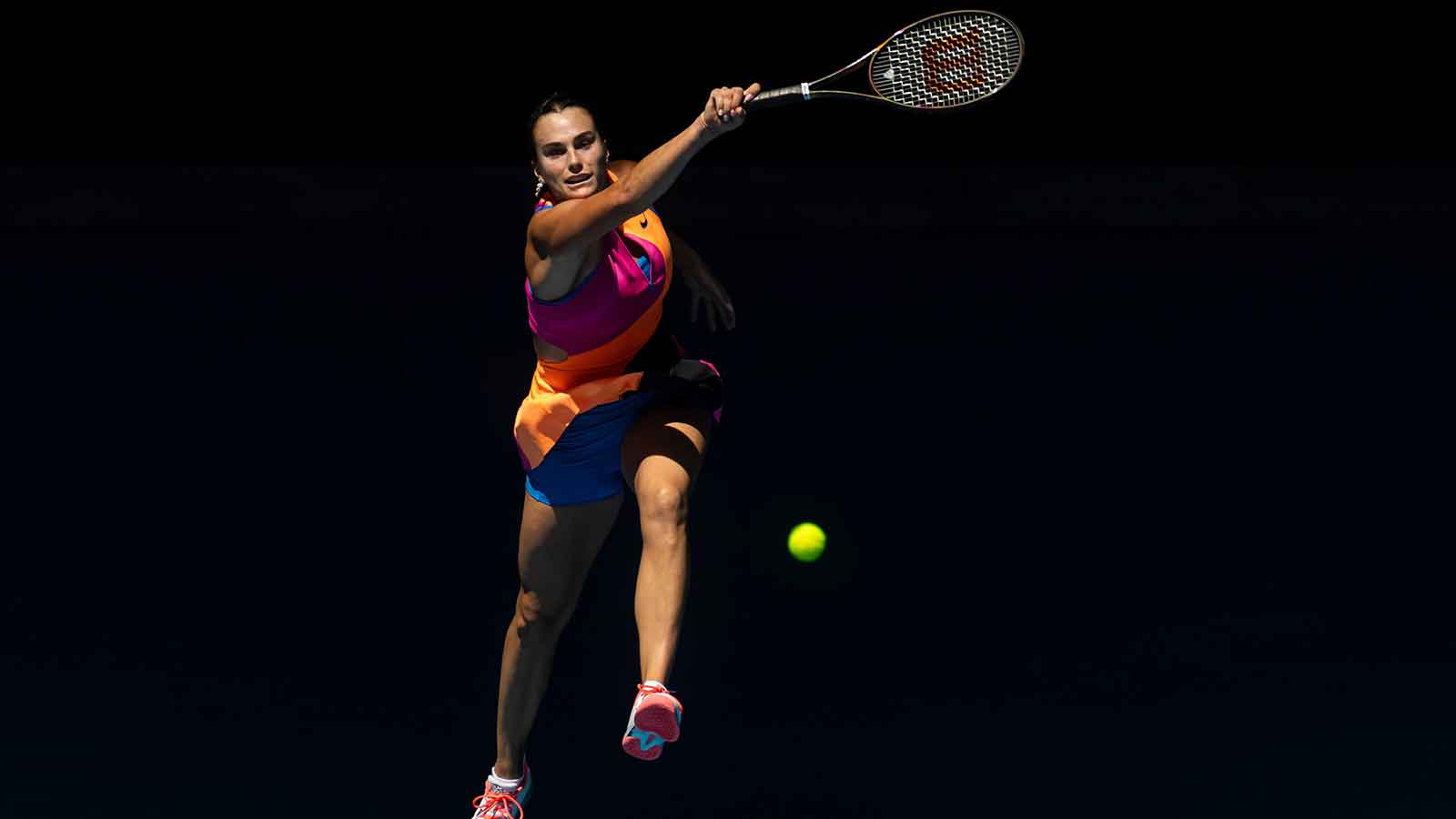Coco Gauff voiced her strong disapproval of late-night matches at the French Open Sunday, arguing that finishing matches at late hours is detrimental to players' health and overall well-being. Her comments come in the wake of Novak Djokovic's third-round match against Lorenzo Musetti, which concluded at 3:07 a.m. local time, the latest finish in French Open history.
Gauff pointed out the extensive post-match routines that players must go through even after the match ends.
“Yeah, I definitely think finishing at 3 a.m. is — I feel like a lot of times people think you're done, but really, 3 a.m., then you have (media responsibilities) and then you have to shower, eat, and then a lot of times people do treatments,” she said, as reported by Tom Hamilton of ESPN. “So that's probably not going to bed until 5 o'clock at the earliest, maybe 6 o'clock, and even 7 o'clock.”
She said that such schedules are not sustainable and could potentially harm players' physical and mental health.
“I definitely think it's not healthy. It may be not fair for those who have to play late because it does ruin your schedule. I've been lucky I haven't been put in a super-late finish yet,” Gauff said.
The issue of late finishes has become increasingly prominent in recent years, with similar occurrences at both the Australian Open and the US Open. Gauff suggested that tournament organizers should implement a mandatory cutoff time for when night matches can start, to prevent players from having to compete into the early hours of the morning.
“What can be done? I know on the tour side they're thinking about putting matches can't start after a certain time,” Gauff said. “I don't know if it's going to be a Grand Slam rule, but I know on the WTA Tour – I think that's something to look at. Maybe if a match is going long, possibly moving courts. Then I know it's tough because, especially here, it's only one night match, and people obviously paid for those tickets.”
Coco Gauff wants players to have more say in tournament schedules
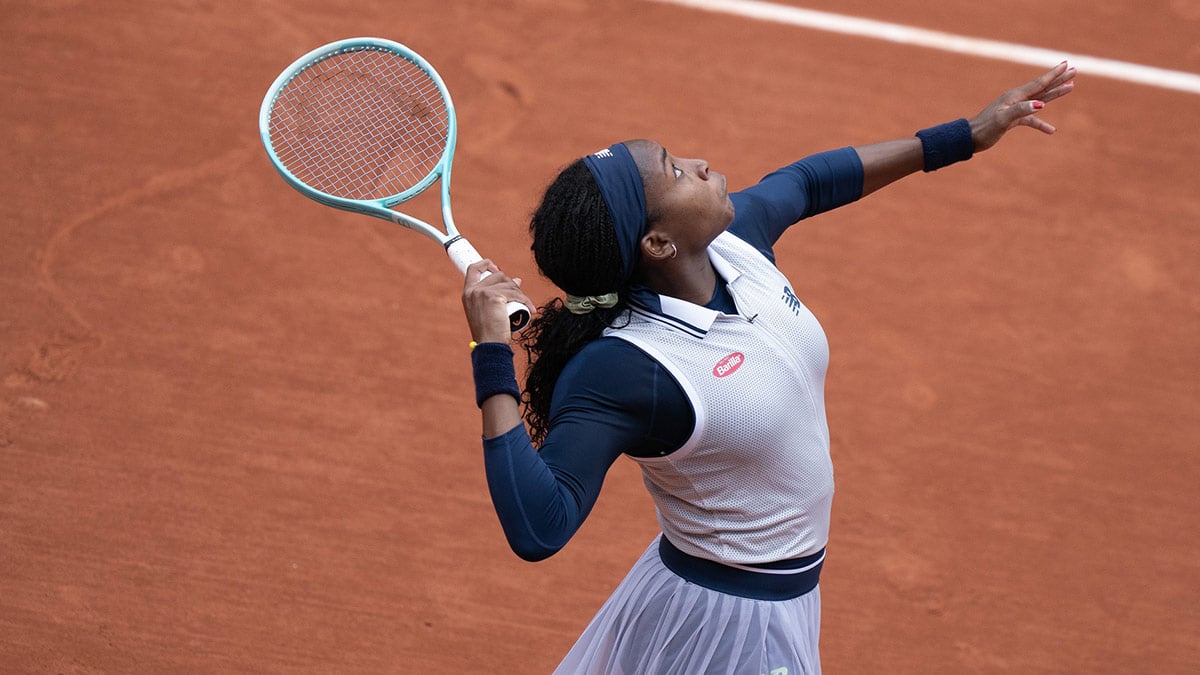
The late-night match scheduling at Roland Garros this year was further complicated by weather delays. An extra match was added to the Court Philippe-Chatrier schedule to accommodate the backlog, pushing Djokovic’s match start time to 10:37 p.m. and resulting in a finish past 3 a.m. Such scheduling decisions, while aimed at accommodating all matches, have sparked debate about their impact on player performance and health.
Gauff, who advanced to the French Open quarterfinals with a straight-sets victory over Italy's Elisabetta Cocciaretto, also believes that players should have a more say in tournament scheduling to help safeguard their welfare.
“I think that we're their product, essentially, and I definitely think – I feel like tournaments are becoming more understanding,” she said. “Some tournaments are more understanding than others. It's tough, but I think tournaments … should listen to the players more.”
She acknowledged the balance that needs to be struck between commercial interests and player health, noting that while players are privileged to earn substantial money from the sport, their health and safety should not be compromised.
“I know there's a product to sell, and I know that there's certain things outside of the control. But overall, if there's a list of little things, like the balls. If there's multiple players — and I feel like there were a lot –complaining about the ball changing, especially on the men's side, every week, I think that's something that can be considered when it comes to tournaments and the health and safety of players.”
Iga Swiatek echoes late-night match concerns
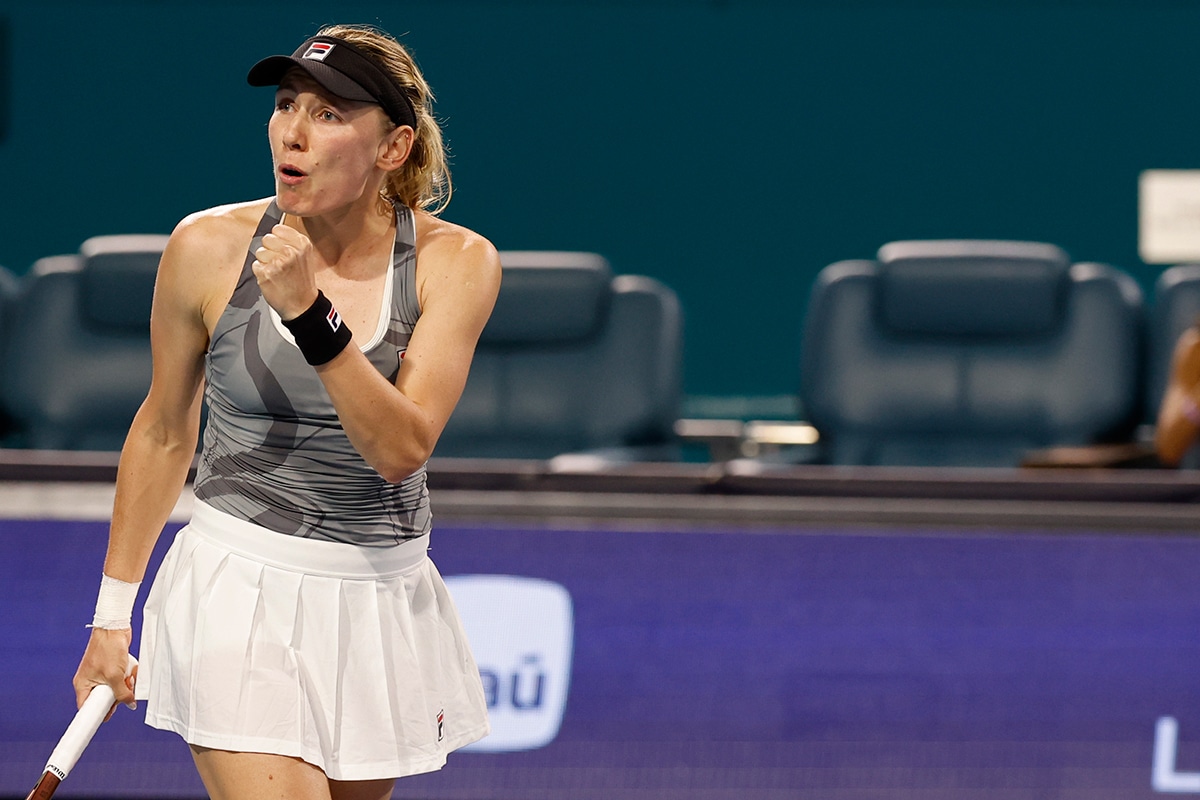
Gauff's concerns were echoed by World No. 1 Iga Swiatek, who stated that players must adapt to the decisions made by tournament organizers but also questioned the practicality of late-night matches.
“It's not easy to play, and then it's not like we're going to fall asleep one hour after the match,” Swiatek said. “Usually it takes us like four hours to even chill, and you need to do recovery, media. It's not like the work ends with the match point.”
Swiatek also pointed out that late finishes could affect the viewing experience for fans.
“I was always one of the players that said that we should start a little bit earlier. Also, I don't know if the fans are watching these matches if they have to go to work next day or something when the matches are finishing at 2 or 3 a.m.,” she said.

